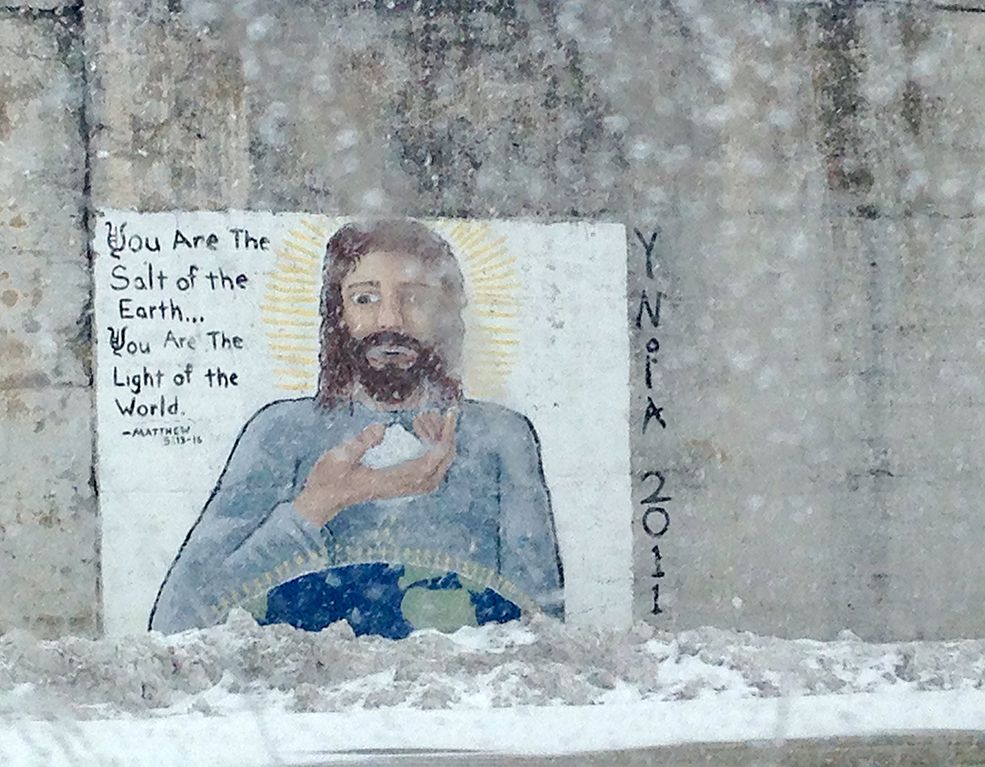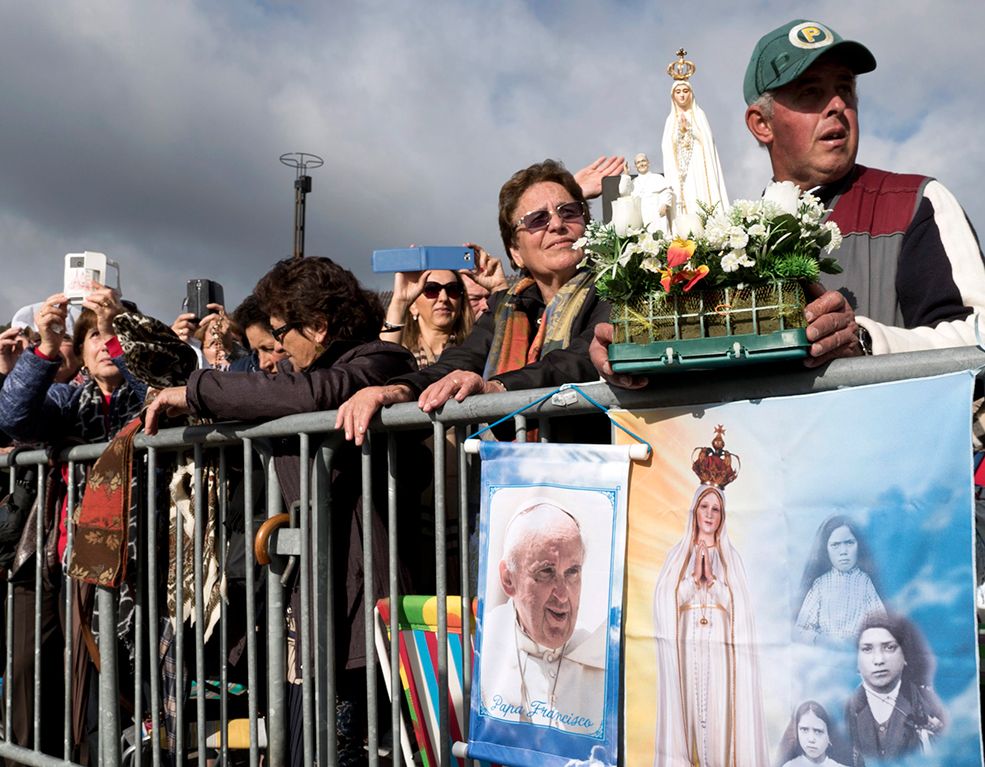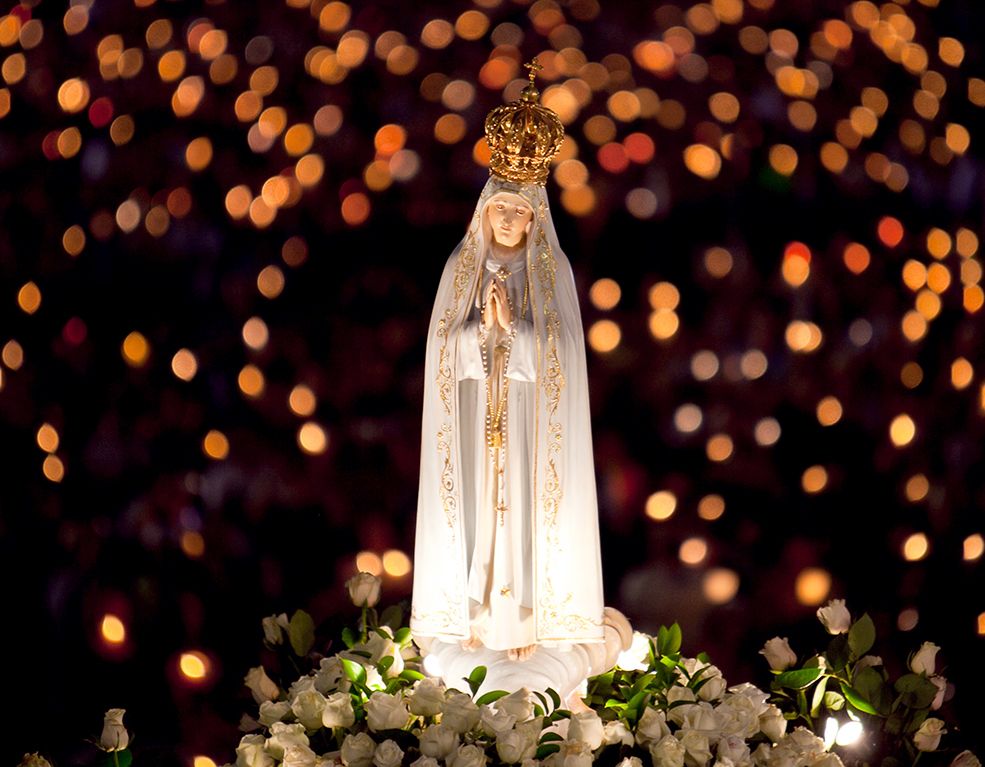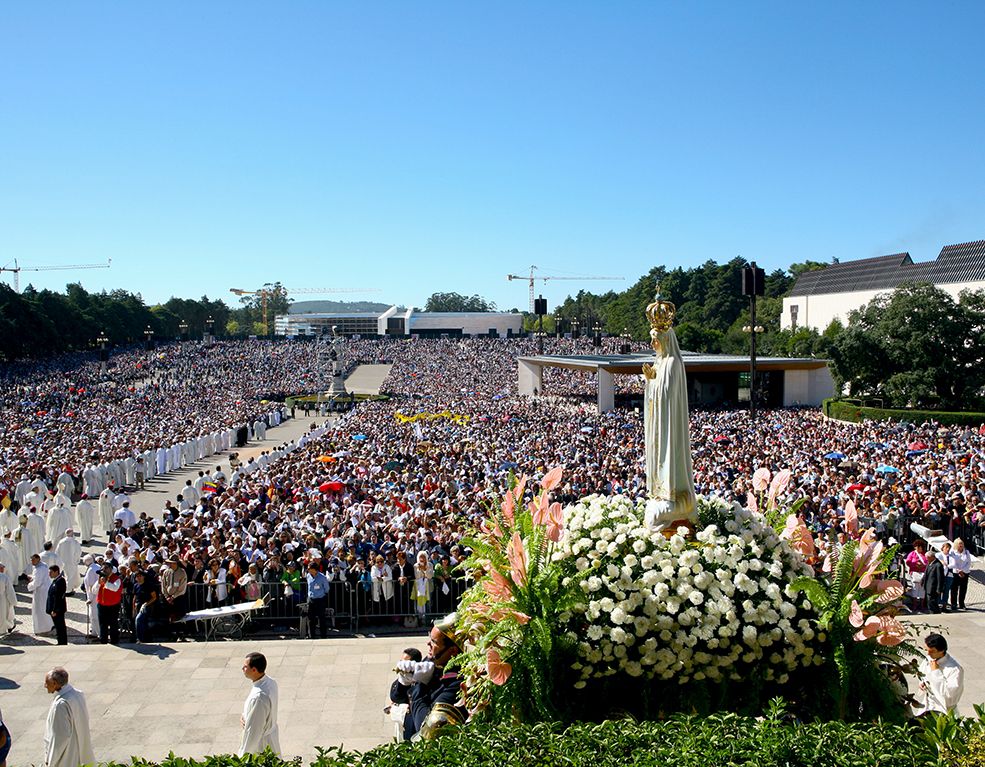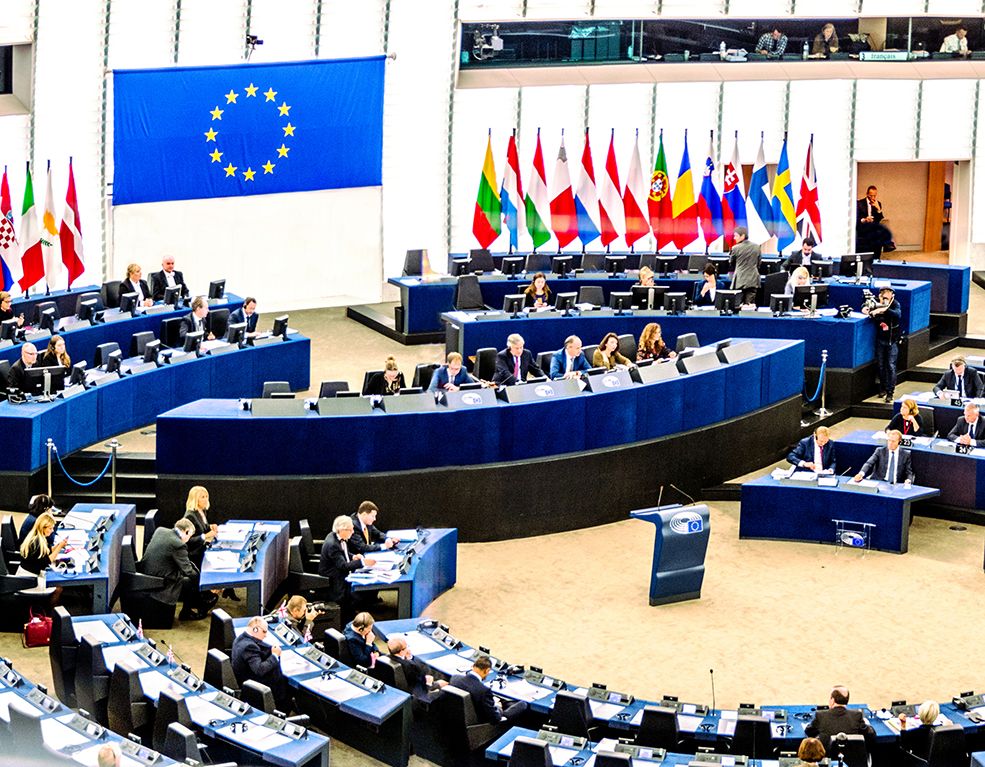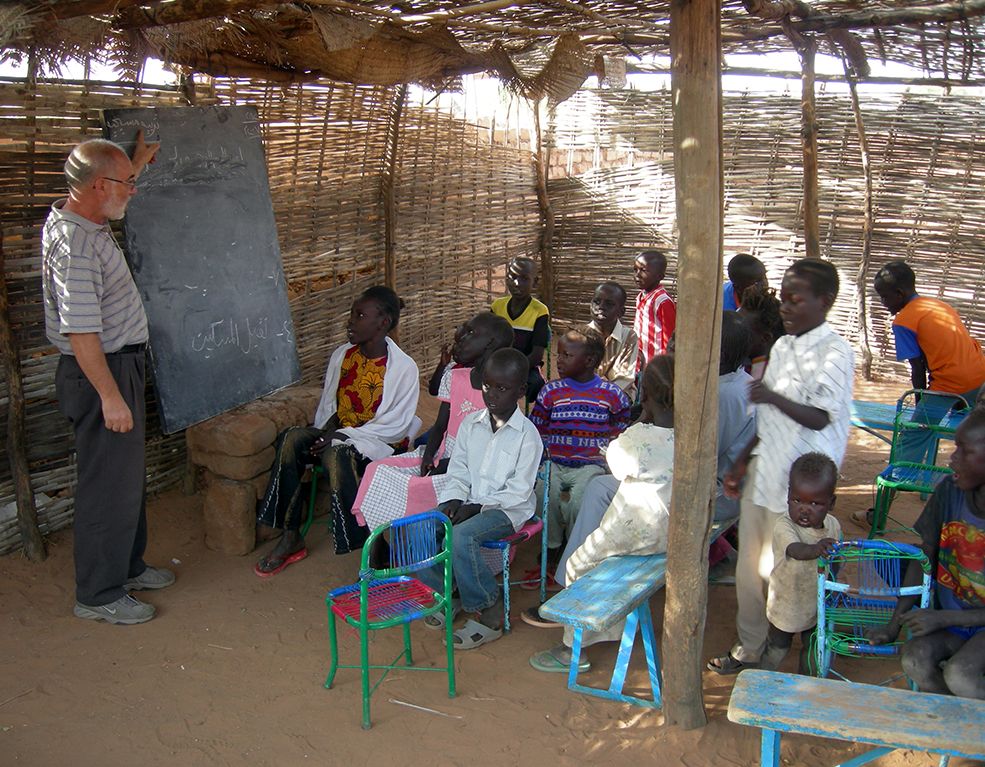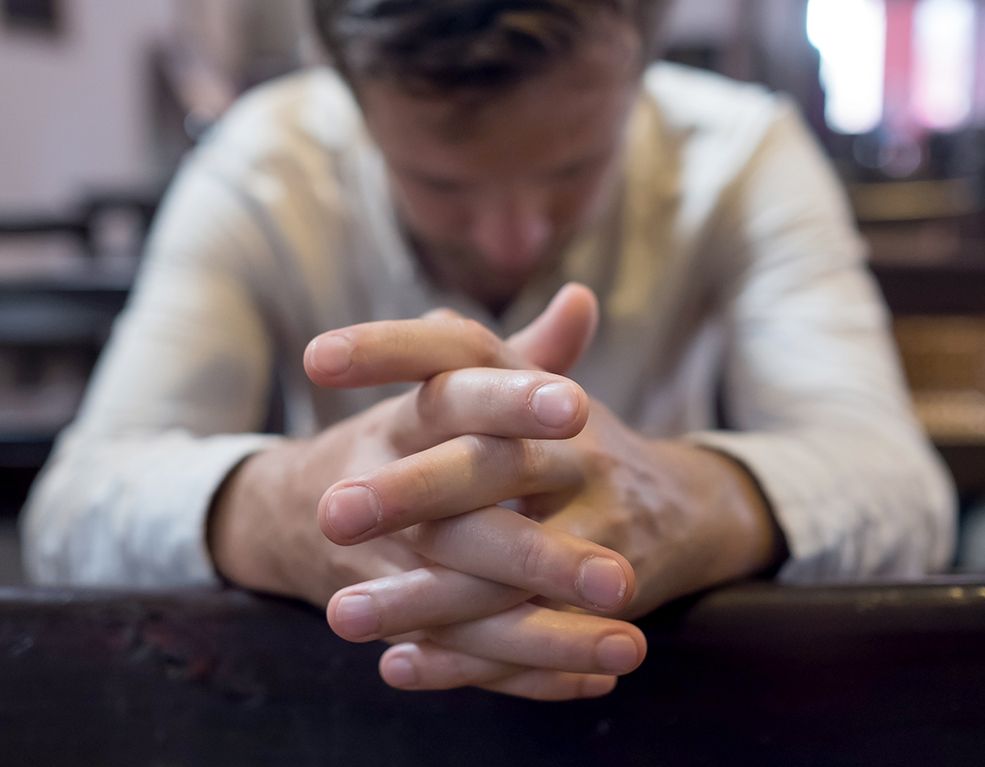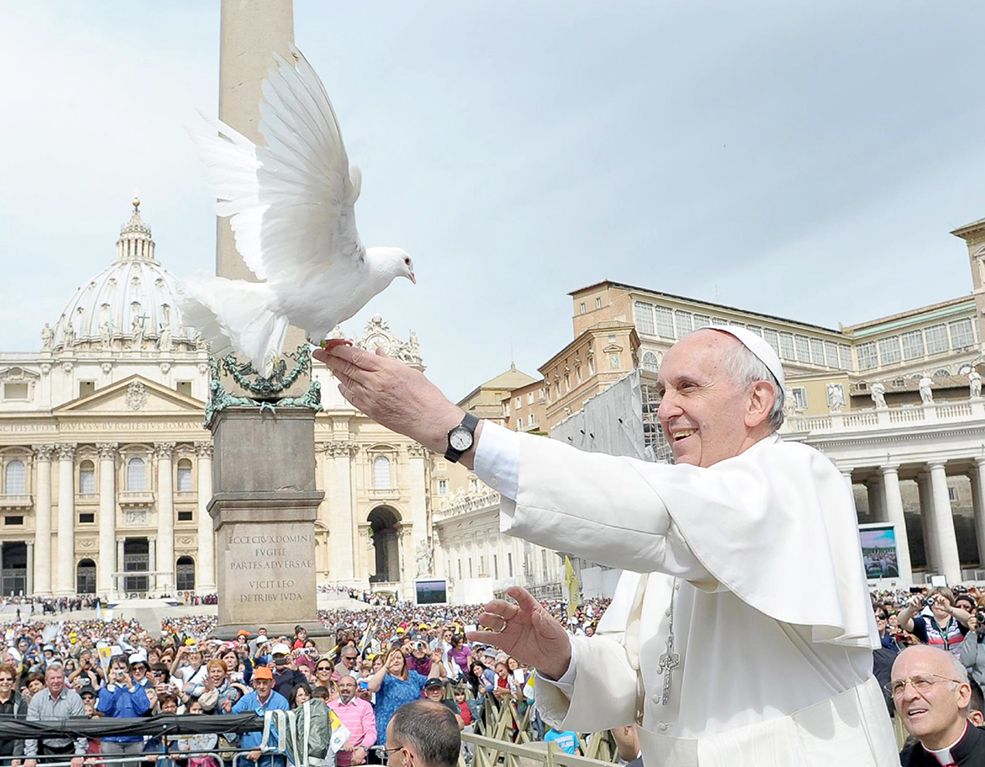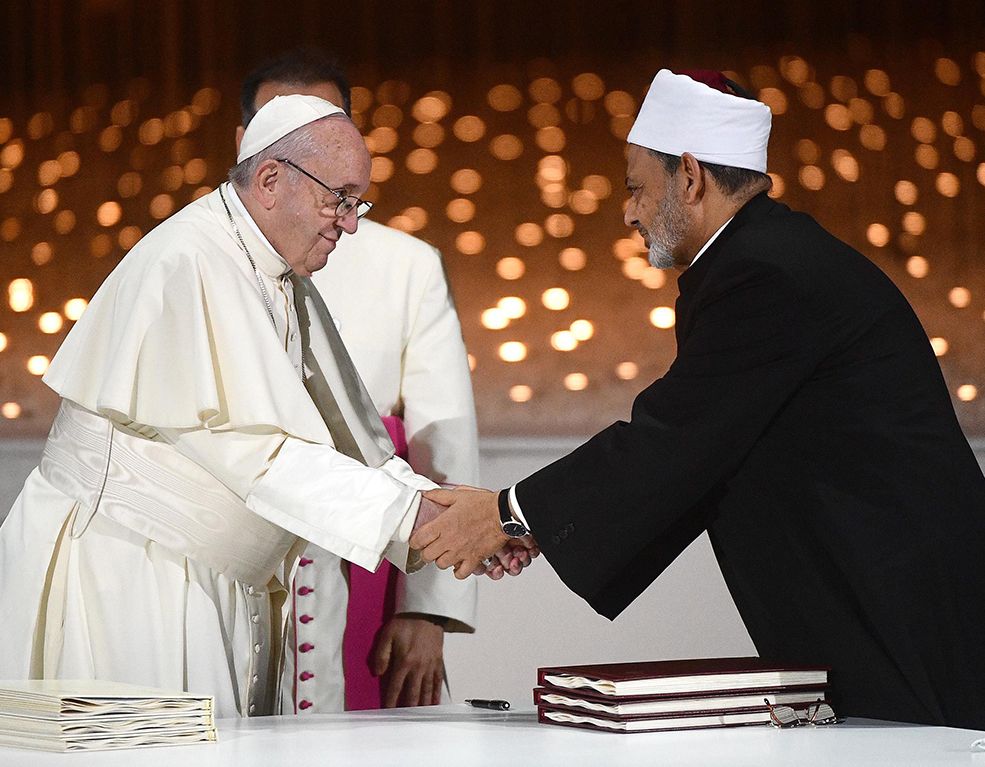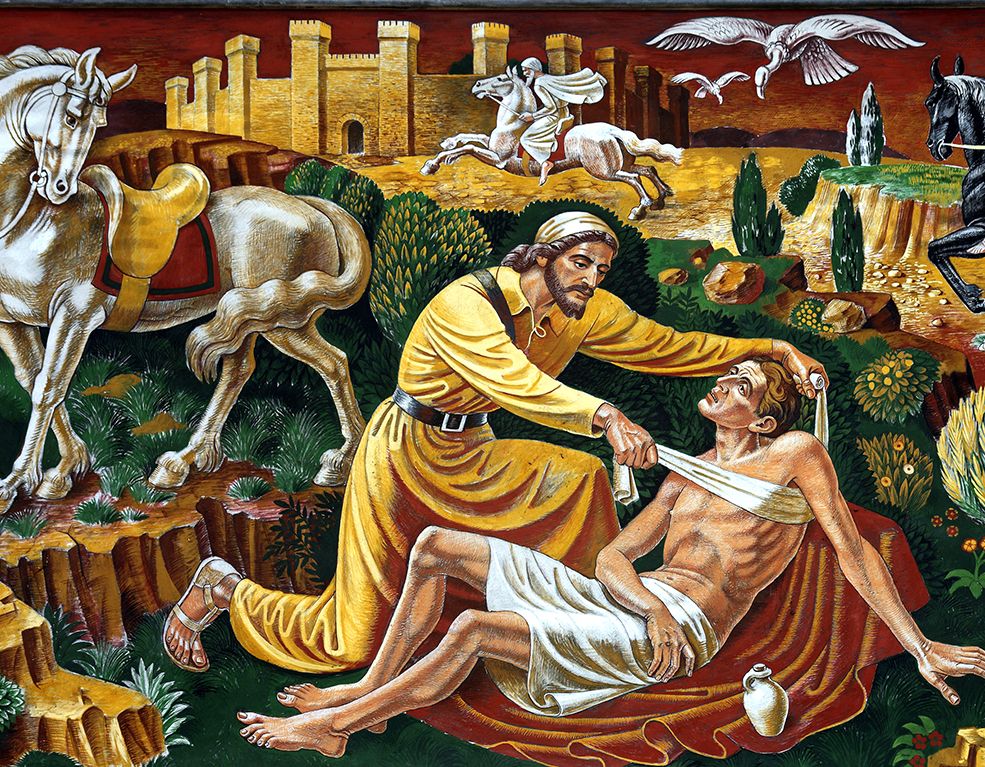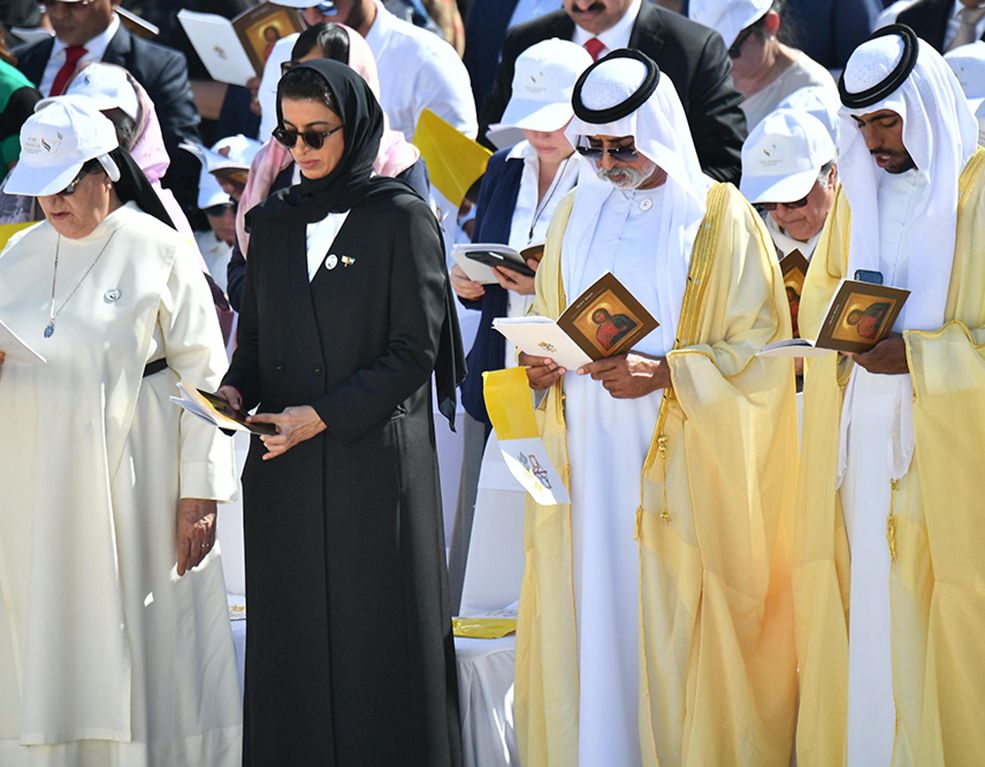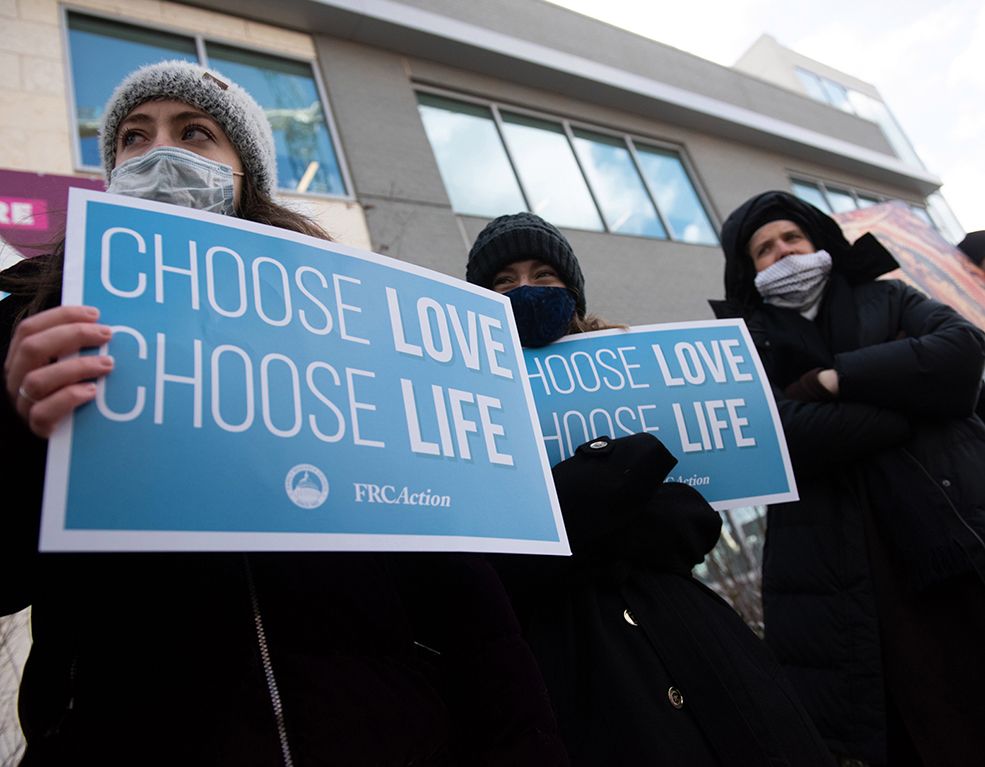In this article, we continue considering the trends which, according to Pope Francis, hinder the realization of the dream of ‘universal fraternity and social friendship’, as found in the first chapter of Fratelli Tutti. In the previous article, I presented five of them. Here are additional ones presented by the Pontiff:
1. The spread of despair and discouragement is practiced as the best way to dominate and control people “even under the guise of defending certain values” (n. 15).
2. The denial of the right of others to exist or to have their own opinion through “employing a strategy of ridicule, suspicion and relentless criticism. Their share of the truth and their values are rejected and, as a result, the life of society is impoverished and subjected to the hubris of the powerful” (n. 15).
3. “The fact that the slow and demanding march towards an increasingly united and just world is suffering a new and dramatic setback” (n.16). Pope Francis has the impression that for many individual persons and groups, aiming at the development of the entire human family, without excluding anybody, is madness. And yet reaching the conviction that all of us, as a matter of fact, all people are called to live “as a single-family dwelling in a common home” of which we take care, is a necessity if we want to avoid depleting the resources of the earth and to avoid new wars (n. 17).
What needs to be done as the Church reflects on hindrances to the realization of the dream of universal fraternity and social friendship? In this regard, Pope Francis has taken the firm decision to put into practice the teaching of the Second Vatican Council on the exercise of Evangelical Discernment. We do this now because we need to understand and practice discernment if we want to live the good proposals aiming at building up a better world, presented by the Pontiff in Fratelli Tutti.
Evangelical Discernment
But what is Evangelical Discernment? What is the meaning of this exercise in our own life? Evangelical Discernment presents three different moments, namely: the scrutiny of the signs of the times, the interpretation of these in the light of the Gospel, and the answer given to the questions arising from what happens within us and all around us.
– In the first moment, it is important for us to reflect upon the different events taking place in society, to capture the signs given to us by God to help us in our life of faith and of trust in Him. It is important for us to form our own opinions regarding the way different people live and act in order not to fall into the mistaken assumption: “All people think and act this way, so it must be ok.” No, every person must stand his/her own ground. In fact, each person has his/her own history and his/her own responsibility.
– On the second moment, we must remember that the criteria God has given us to judge the different events and realities of life are those that Jesus presents in the Gospel. Our following Christ Jesus is true if we live His Message.
– As for the questions arising from within us, it is important to consider the truth and the common good.
As we go through the exercise of Discernment, it is important for us to remember the words of Jesus as found in the Gospel of Matthew: “You are salt for the earth. You are light for the world.” We must remember them and never forget our duty to inspire all people as we practice Evangelical Discernment. We go through this exercise not only for our own benefit but also for the benefit of all those people who even though they do not have any religious affiliation, live and act as builders of fraternity. Many of them have encountered Pope Francis, thanking him for Fratelli Tutti, and for all he is doing for the Church and the World. As a sign of communion with him, they gave him their booklet, ‘Unity in diversity.”

